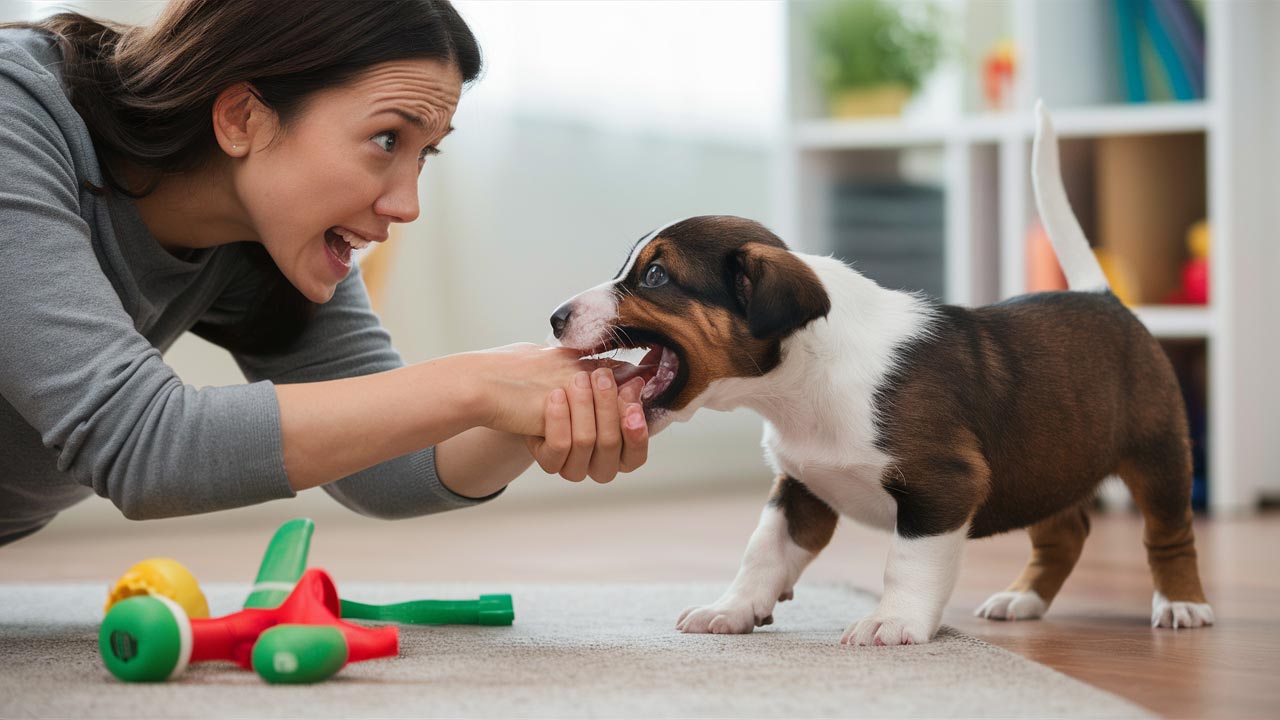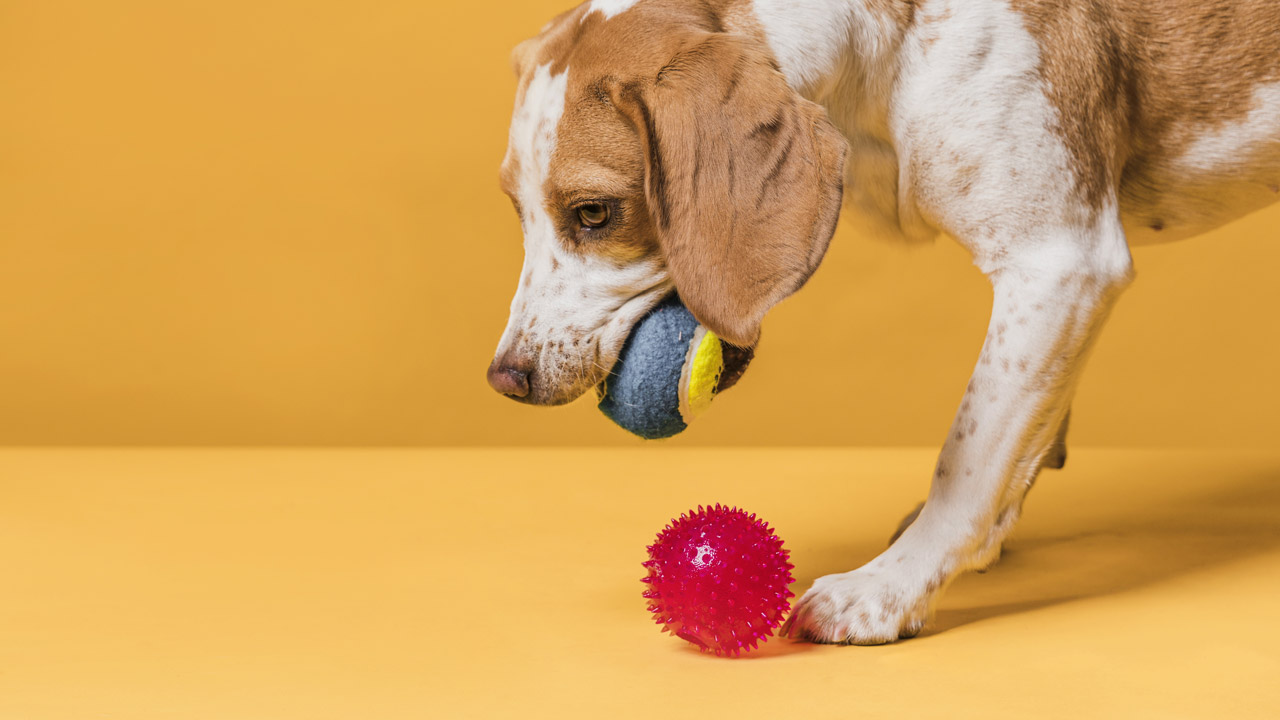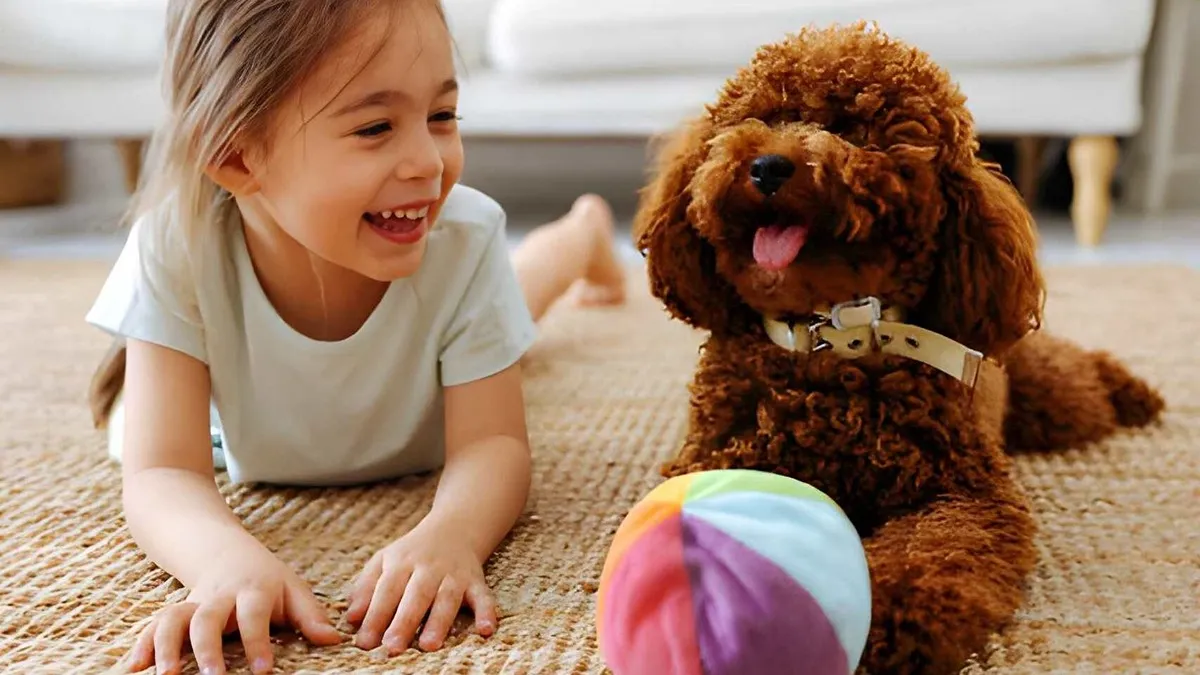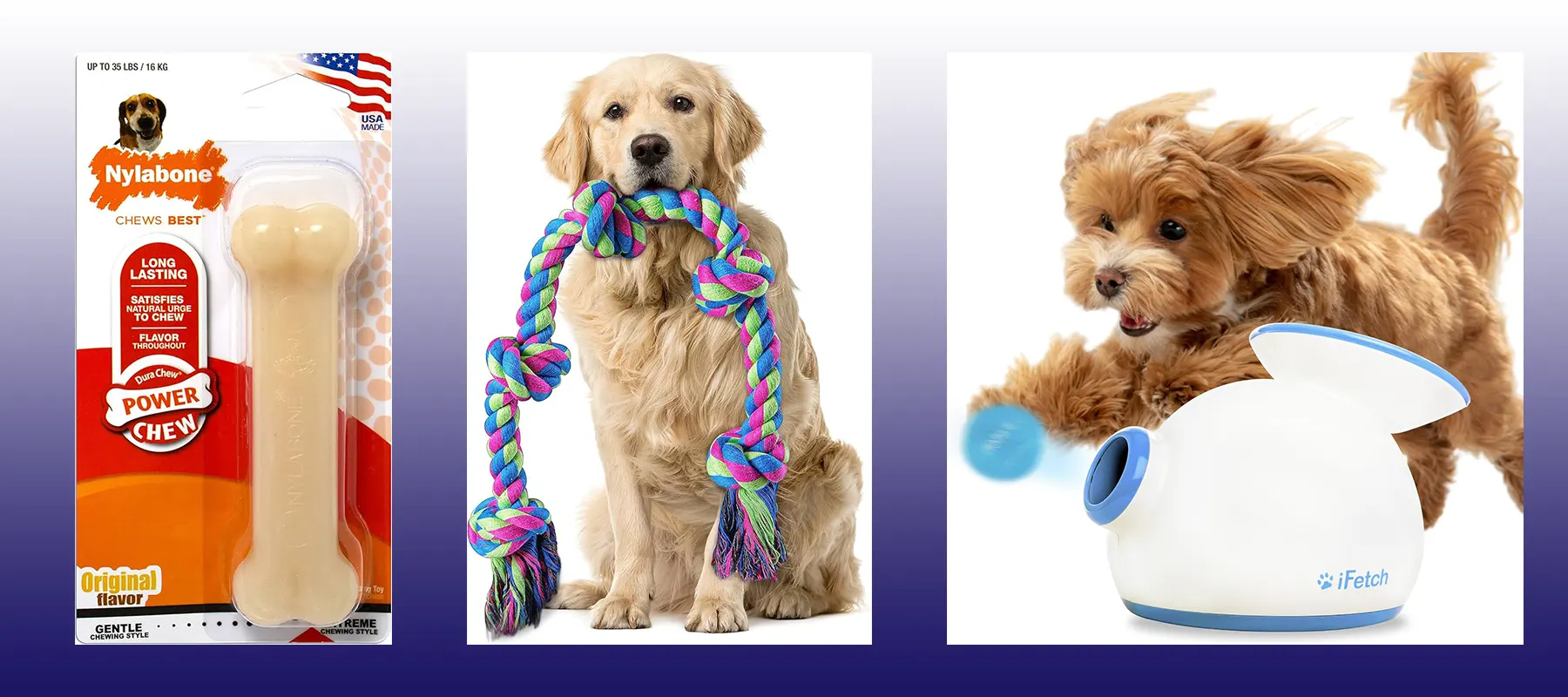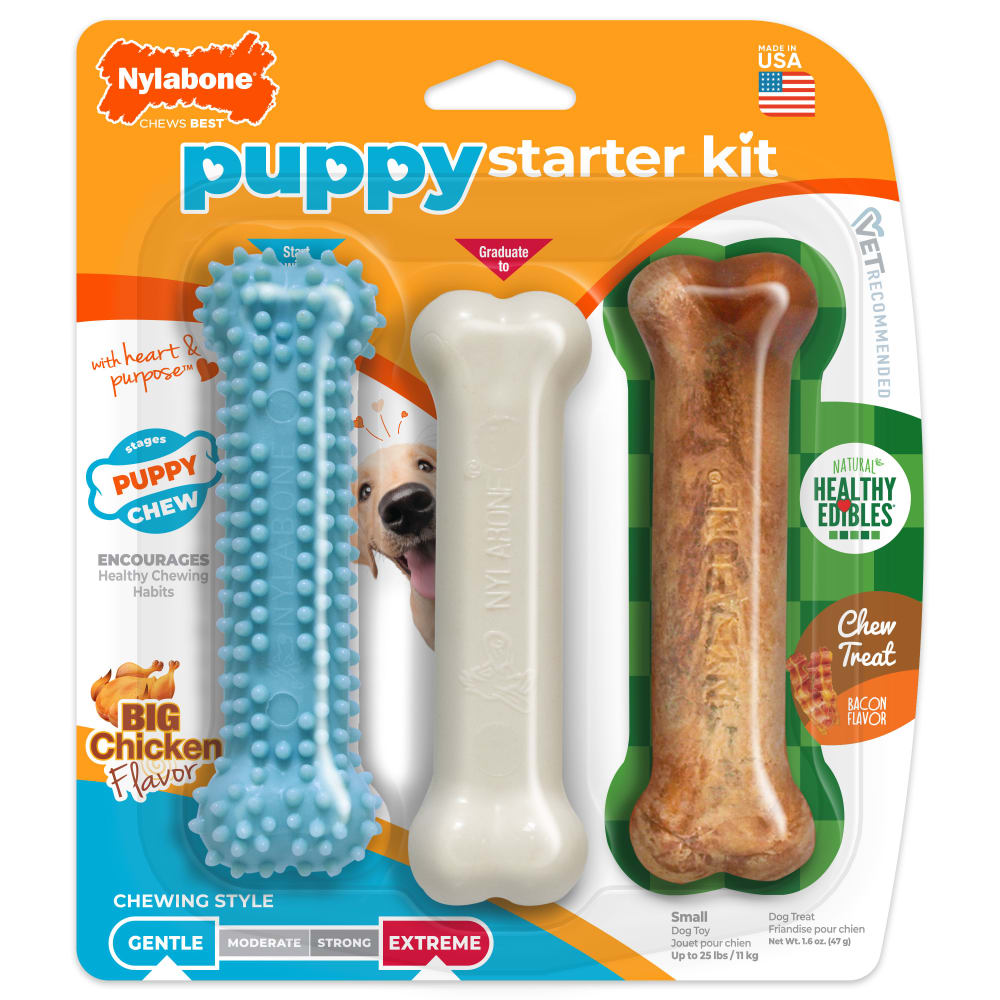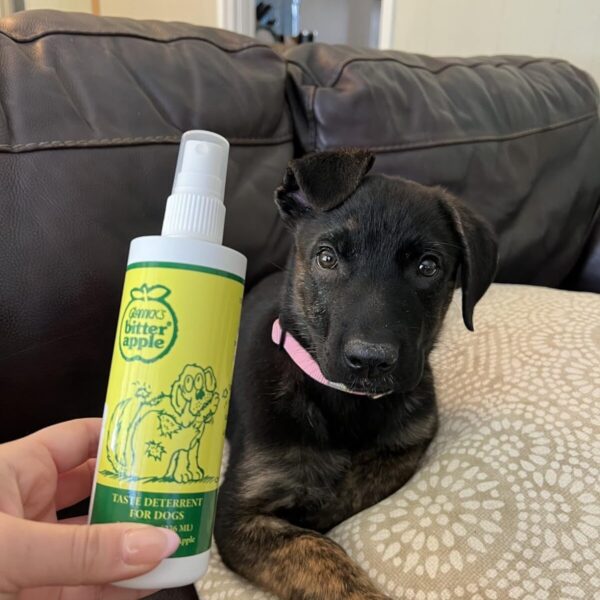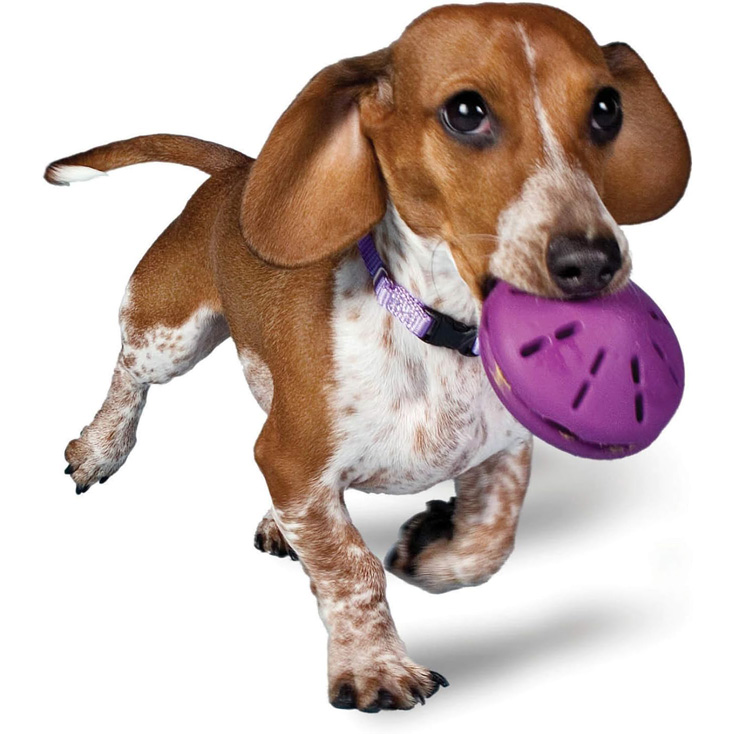
Signup our newsletter to get update information, news, insight or promotions.
Understanding Aggressive Puppy Biting
My puppy keeps biting me aggressively, using their teeth too much during play or interaction. It can hurt, but it’s normal behavior for puppies. This behavior can be stopped with proper training, like using rewards and chew toys. Simple solutions can help teach puppies to be gentle and play safely.
Puppy biting can be more than just playful; so, it can turn into bad behavior if not stopped early. It’s important to know why your puppy bites and how to handle it. This will help you have a good and happy relationship with your puppy.
In this post, we will find out useful training methods to stops biting immediately. If you need further assistance, choose the best products to stop aggressive puppy biting. This will make your home safer and happier for both you as well as your puppy.
Table of Contents
Puppy Biting Behavior
If your puppy bites aggressively, at first address the causes. Mouthing is normal, but aggressive biting signals issues. It may show lack of socialization, boredom, teething pain, or anxiety.
1. Socialization
Puppies that aren’t socialized well may bite harder while playing. Enroll them in training classes where they can learn manners and bite control in a safe space. Avoid dog parks for now, as they might overwhelm your puppy.
2. Boredom
A bored puppy may bite to get your attention. To prevent this, give your puppy puzzle toys and fun activities. It will keep them mentally stimulated, so they will don’t depend only on you to play. You may read the document about How to Stop Dog Boredom?
3. Teething
Teething causes discomfort, and puppies may bite to soothe their gums. Offer rubber teething toys, especially ones that can be frozen, to relieve pain and redirect their biting.
A dog teething problem can cause serious problems according to dentists. You can read the documents here.
4. Temper Tantrums
Puppies can throw tantrums when frustrated, leading to aggressive biting. Stay calm, avoid loud reactions, and hold your puppy until they settle down.
5. Anxiety
Anxiety can also lead to biting. If you can find it, provide calming activities like grooming, dressing and more. Perhaps, consultation of a dog specialist to make a plan for managing his stress.
10 Ways to Stop Puppy Biting Aggression
Puppy biting is a common but challenging phase that many pet owners face. While playful nips are natural, biting can sometimes become aggressive, causing frustration and even concern. Addressing biting early is crucial for a well-behaved, happy pup.
Here are 10 effective ways to gently guide your puppy away from biting and toward healthy behavior.
1. Redirect Their Energy with Toys
A common reason puppies bite is to release energy. Redirect this by providing chew toys specifically designed for puppies. Choose toys that are soft yet durable, so they feel satisfying to chew. Introduce different textures and sizes to keep them interested, and rotate the toys regularly. When your puppy begins to bite, hand them a toy instead. This shows them what they’re allowed to chew on and helps satisfy their biting urge in a healthy way.
2. Start Basic Obedience Training Early
Training your puppy with simple commands like “sit,” “stay,” and “leave it” helps establish boundaries. When they begin biting, use a firm “no” or “leave it” command, followed by praise if they stop. This teaches your puppy to listen and reinforces good behavior. Positive reinforcement like treats or a favorite toy after obeying commands can speed up the process. Consistent training also strengthens your bond, making them more likely to follow your guidance.
3. Socialize Them with Other Puppies
Socializing your puppy with other dogs is crucial in managing biting. Puppies learn bite inhibition by playing with each other, as other puppies naturally yelp or move away if the bite is too hard. Consider puppy socialization classes where they can play under supervision. Gradually introduce them to other dogs, making sure they’re friendly and patient. Socialization helps your puppy understand acceptable play behavior, reducing the urge to bite aggressively.
4. Use Positive Reinforcement, Not Punishment
Punishing a puppy for biting can lead to fear-based aggression, worsening the problem. Instead, use positive reinforcement techniques like praise, treats, or toys to encourage non-biting behavior. When they bite, pull your hand back and say “ouch” loudly to signal that the action is unwanted. As they start responding to your cues, reward them immediately. Positive reinforcement builds trust and makes your puppy more likely to respond positively.
5. Implement Timeouts
When a puppy bites too hard during play, stop the interaction immediately and give them a short timeout. This signals that rough biting will end their fun. Take a short break—about 30 seconds to a minute—and then resume play if they seem calm. Repeat this whenever they bite aggressively. Over time, they’ll understand that biting interrupts play, encouraging them to use gentler behavior to keep you engaged.
6. Establish Clear Boundaries
Puppies need clear boundaries to understand what is acceptable. If they bite while you’re petting them, calmly stop and move your hand away. This teaches them that biting ends their desired interaction. Avoid rough play that might encourage aggressive biting and instead engage in gentle games like fetch or tug-of-war with a toy. Boundaries help puppies distinguish between acceptable and unacceptable behaviors.
7. Give Them Plenty of Exercise
Puppies with excess energy often turn to biting out of frustration or boredom. Regular exercise like walks, games, or interactive playtime helps burn off their energy. Try playing fetch, going for short walks, or even engaging in indoor games to stimulate them mentally and physically. A well-exercised puppy is less likely to resort to biting and more inclined to relax, making it easier to manage their behavior.
8. Encourage Calmness with Relaxation Techniques
Teaching your puppy to be calm can help reduce biting behavior. Practice relaxation techniques like gentle petting, soothing tones, or offering a favorite toy when they’re calm. You could even consider crate training as a safe space for them to relax. Encourage quiet time each day, especially after active play, to help them learn self-control. Over time, they’ll develop a calmer disposition, reducing aggressive tendencies.
9. Use Deterrent Sprays if Needed
Deterrent sprays are a useful tool if your puppy keeps biting despite training efforts. Look for safe, puppy-friendly sprays designed to taste unpleasant but harmless. Apply the spray to areas or items they often bite, like hands or ankles. The bad taste can discourage further biting, helping to break the habit. Always consult your vet to choose a safe deterrent, and use it sparingly so your puppy doesn’t develop avoidance behaviors.
10. Consult a Trainer if Biting Persists
If your puppy’s biting remains intense or becomes aggressive, consult a professional trainer or veterinarian. A trainer can evaluate your puppy’s behavior and provide tailored guidance, while a vet can check for any underlying health issues that may be contributing. Early intervention from professionals can address the root causes of biting and offer you structured steps for improvement, ensuring a safe and enjoyable environment for both you and your puppy.
Puppy Play: What to Do and What to Avoid
Every members of a family should play their own role to grow a gentle behaved puppy. Here are some consideration for family members to do and avoid with your beloved puppy.
First thing to remember- maintaining a calm environment is the key.
Dos
- Do provide plenty of toys to keep your puppy entertained and prevent biting or destructive behavior.
- Do engage in short, fun training sessions during play to reinforce good behavior.
- Do supervise playtime with other dogs to ensure your puppy learns proper social skills.
- Do reward calm, gentle behavior with treats or praise during play.
Don'ts
- Don't use your hands as toys, as this encourages biting and rough play.
- Don't allow roughhousing that could lead to aggressive biting or bad habits.
- Don't ignore signs of overstimulation, like excessive nipping, which can escalate quickly.
- Don't punish your puppy harshly if they bite during play, as this can create fear and anxiety.
Training Techniques to Reduce Biting
Using positive reinforcement involves rewarding your puppy for good behavior with treats or praise. This method encourages them to repeat the desired actions, such as gentle play, while ignoring or redirecting unwanted biting.
Redirection indeed is a technique where you divert your puppy’s attention from biting to an appropriate toy or activity. Offering a chew toy or engaging them in a game. It can help them learn what is acceptable to bite.
Consistency is key when training your puppy. Using the same commands and reactions helps reinforce the behavior you want to see. Patience is equally important, as it can take time for your puppy to learn and adjust.
6 Top Products to Help Manage Puppy Biting
If your puppy’s biting has become a constant challenge, the right tools can make a big difference. While training and patience are key, specific products can help redirect your puppy’s biting behavior and provide a safe outlet for their chewing instincts.
Here’s a look at six effective products designed to help curb puppy biting, making your home more peaceful and keeping your hands bite-free!
Number 5: Chew Toys
Chew toys are specially designed to cater to a puppy’s teething needs. They are made from durable materials that certainly withstand aggressive chewing. It helps providing a safe outlet for your puppy’s biting instincts.
Benefits: Helps soothe gums, provides an appropriate outlet for biting.
These toys will help calm down your puppy’s sore gums. In fact, it will be something appropriate for them to bite. Finally, it will reduce their habit of biting into your hands or furniture.
Nylabone Puppy Chew Toys are the perfect choice for your puppy! Made with durable materials. These chew toys are designed to satisfy your puppy’s natural chewing instinct. It will also help curb destructive behavior.
With a variety of shapes and sizes, there’s a Nylabone Puppy Chew Toy for every pup. Give your visiting customers’ puppies a fun and safe way to chew with Nylabone Puppy Chew Toys!
See what original customers say about this product
Number 4: Bite Deterrent Sprays
Bite deterrent sprays are non-toxic solutions. They are applied to items you want to protect from your puppy’s teeth. The unpleasant taste discourages biting, helping to train your puppy to avoid those objects.
Benefits: Teaches puppies that biting certain items is unpleasant.
It will help learn them something tastes bad while biting them. So, these sprays teach puppies that certain items are off-limits. Thus, it will effectively reduce unwanted biting behavior.
Bitter Apple Spray is a powerful deterrent designed to prevent pets from chewing on furniture, cords, and other items. Its bitter taste, safe for pets, discourages unwanted chewing while protecting your belongings. Ideal for training and behavioral correction.
Stop unwanted chewing instantly with Bitter Apple Spray! This safe, effective deterrent works on dogs and cats, protecting your furniture and belongings. Trusted by pet owners worldwide. Try it now!
See what original customers say about this product
Number 3: Training Treats
Training treats are small, tasty rewards used to reinforce positive behavior. Another key point is they are highly appealing to puppies. It make them an effective tool during training sessions.
Benefits: Reinforces positive behavior during training sessions.
Using training treats consistently can help your puppy learn quickly. Make them undersant that, they can have treats for good behaviors. So, they will act gantle quickly such as playing gently or following commands.
The PetSafe Busy Buddy Twist ‘n Treat is a durable, customizable toy. It keeps pets entertained and mentally stimulated. Fill it with treats, adjust difficulty, and watch your pet engage in lots of fun. This is a great rewarding play while promoting healthier chewing habits.
Keep your pets entertained for hours with the PetSafe Busy Buddy Twist ‘n Treat! This adjustable toy dispenses treats, stimulating your pet’s mind and curbing boredom. Durable and easy to clean, it’s perfect for any dog. Try it now!
See what original customers say about this product
Number 2: Puppy Training Classes
Transform your puppy into a well-behaved companion with the best puppy training eBooks! Expert guidance, step-by-step methods, and positive reinforcement techniques make training enjoyable and effective. Invest in these eBooks today and unlock the secrets to a happy, obedient puppy. Start your journey now!
Perfect Puppy in 7 Days: How to Start Your Puppy Off Right
Achieve a well-behaved puppy in just 7 days! "Perfect Puppy in 7 Days" is here for you. It offers expert guidance, step-by-step training methods. Furthermore, it's positive reinforcement techniques will make your puppy gentle right in few days.
Zak George's Dog Training Revolution
Basically Zak George's Dog Training Revolution" offers expert advice on raising and training your dog using positive reinforcement. This comprehensive guide also covers everything from basic commands to solving behavioral issues effectively.
See what original customers say about this training
Number 1: Interactive Puzzle Toys
Compared to other toys, interactive puzzle toys engage your puppy’s mind further more. They challenge them to solve problems to receive a reward. Hence these toys keep your puppy occupied and mentally stimulated.
Benefits: Keeps puppies engaged, reduces likelihood of biting out of boredom.
Puzzle toys are great mental stimulator. They can help reduce boredom and prevent your puppy from destructive biting behavior out of frustration.
You can also use Headcollar, to make learn them manners. This tool is more popular these days for stress-free walking.
The PetSafe Gentle Leader Headcollar offers effective, gentle control for easy leash training. As soon as you will have it, it starts reducing the pulling and promotes better behavior. Its comfortable design ensures a stress-free experience for both you and your pet.
Try the PetSafe Gentle Leader Headcollar now for a more enjoyable walking experience with your dog. Control pulling and enhance leash manners with this comfortable, effective tool. See the difference on your next walk!
See what original customers say about this product
Additional Tips for Managing Aggressive Biting
Socialization: Introducing your puppy to different environments and other dogs.
You can Socialize your puppy by exposing them to various environments and other dogs. Thus it can reduce fear-based aggression. Proper socialization helps them learn appropriate behavior in different situations.
Regular Exercise: Ensuring your puppy gets enough physical activity.
Regular exercise is crucial for your puppy’s overall well-being. Physical activity helps burn off excess energy. It also helps reducing the likelihood of aggressive biting due to pent-up energy.
Veterinary Advice: Consulting with a vet if biting behavior persists.
If your puppy’s biting behavior continues despite your efforts, rather it’s advisable to consult with a veterinarian. They can rule out any underlying health issues. While a professional advice tailored to your puppy’s needs can be a best solution then.
Help of a Product: This may help reduce biting behavior.
If your puppy is biting aggressively, it could be a sign they need more mental and physical stimulation. Automatic dog toys can help redirect their energy in a positive way, keeping them engaged and reducing unwanted behaviors. Check out our Automatic Dog Toys Comparison for the best solutions to keep your pup entertained. Or American Made Dog Toys for true USA products for your lovely dog.
To sum up: Our recommendation
If you’re looking for a toy to help stop your puppy’s biting, we highly recommend the PetSafe Gentle Leader Headcollar or the PetSafe Busy Buddy Twist ‘n Treat. These products are designed to encourage better behavior while keeping your puppy engaged and entertained.
Taking Care of Your Puppy's Adult Teeth
Taking care of your puppy’s adult teeth is essential for their long-term health. Once your puppy’s adult teeth begin to emerge around six months, you can start implementing a rouinge. This dental care routine will help prevent common issues like plaque buildup and gum disease.
Brushing their teeth regularly is the best way to maintain oral hygiene. According to the American Kennel Club (AKC), using a toothpaste made specifically for dogs is crucial. You can’t use human toothpaste for them. A human toothpaste can contain harmful ingredients for puppies. Brushing your puppies teeth at least a few times a week can significantly reduce plaque and tartar buildup. Without brushing your puppies theeth, it can lead to periodontal disease.
Alternative Dental Care: Wipes, Treats, and Chews
If your dog isn’t fond of brushing, dental wipes are a great alternative. While they don’t reach into every nook and cranny like a toothbrush, they can still help keep your dog’s teeth cleaner than no care at all. Additionally, dental treats and chews can be an enjoyable way to support dental health. These items help scrape plaque off the teeth as your dog chews, providing an easier option for those dogs who resist brushing.
Incorporating dental care into your puppy’s routine early on will also help you avoid costly dental treatments later and reduce the risk of more serious health problems like heart disease, which can stem from neglected oral health.
FAQ
Conclusion
It’s a real challange to deal with a puppy that bites. But if you understand, Trainin Your Dog, and choose the right products, you can manage and reduce this behavior. Chew toys, deterrent sprays, training treats, professional classes, and interactive toys are all effective tools in this journey.
Remember, patience and consistency are your best allies. Every puppy can learn with the right approach taken by you and your family. Soon, you will get a lovely obedient puppy without aggressive biting.
We’d love to hear your experiences and success stories. Try these recommended products and share your journey with us in the comments below!
Share it

Admin & Author

